
Full Album Stream:
Wildlife
Wildlife is segmented into four monologues. La Dispute vocalist and principal lyric writer, Jordan Dreyer, breaks them down for us:
II: “The second one is kind of similar, but [relating to] more drastic responses. It’s isolation, or immersion — far to the left, far to the right thing.”
III: “The third one is the point in the record where the character gets himself some perspective on his own struggles by examining the struggles of others.”
IV: “The last one is kind of a summation of the two ongoing narratives throughout the record: one being the stories that are told, the other being those four monologues.”
Sounds a tad bit confusing, doesn’t it? But the structure of Wildlife draws inspiration from one of Dreyer’s favorite authors, Vladimir Nabokov.
“[Nabokov’s] Pale Fire is a 999-line poem by a fictional poet, with an introduction by a fictional professor, and an afterward by that same fictional professor,” Dreyer explains. “It made me want to approach the record differently.”
Pale Fire is divided into four sections, as well:
II: A 999-line poem, by John Shade — which itself is divided into four cantos;
III: A line-by-line commentary of the poem, by Kinbote;
IV: An index of the poem’s common nouns, by Kinbote
“In some ways, [Nabokov] is the biggest external influence on the record… that is something that has always influenced me: wordplay, little Easter eggs, and connecting songs in weird ways. Reading Lolita was the first time that really started to appeal to me. He tells you everything that is going to happen within the first four pages of the book, and you don’t even realize it.”
An Ode To Surrender Utterly2
“I think creating anything is cathartic, regardless of tone,” Dreyer says. “But for me, it has always been easier to discuss the heavy subjects in song, for whatever reason. I do think that part of that is it gives me an opportunity to immerse myself in it when I don’t otherwise normally do that — cause I do have a very fortunate life. I have a lot of great people around me; I get to do what I love.”
Tell me what your worst fears are. I bet they look a lot like mine.
Tell me what you think about when you can’t fall asleep at night.
Tell me that you’re struggling. Tell me that you’re scared. No,
Tell me that you’re terrified of life.
Tell me that it’s difficult to not think of death sometimes.
Tell me how you lost. Tell me how he left. Tell me how she left.
Tell me how you lost everything that you had.
Tell me that it ain’t ever coming back.
Tell me about God. Tell me about love.
Tell me that it’s all of the above.
Say you think of everything in fear.
I bet you’re not the only one does.
Everyone in the world comes at some point to suffering.
I wonder when I will. I wonder.
Everyone is out searching for someone or something.
I wonder what I’ll find. I wonder.— lyrical excerpt from “all our bruised bodies and the whole heart shrinks”
The character immersion on Wildlife feels sometimes shockingly personal. Much of the album reads like one’s personal journal, though some of the stories come from personal experiences and other events on the album are fictionalized.
“[The stories are] also a way… to prepare myself for the possibility of something [negative] happening to me. I don’t know if that was intentional going into writing the record, but it is definitely something that came out of putting everything together, Dreyer explains. “The record is separated into two things: the ongoing personal narrative that’s present in the songs and… the stories, the outside experiences of others. I think in doing that — in putting yourself in that character’s point of view — in a weird way, it’s eerie prep work for potentially something happening.”
Full Album Stream:
Somewhere at the Bottom of the River Between Vega and Altair
And like all aspects of his life, Dreyer deems nothing off-limits, including religion – despite the negative connotation that comes with being religious in the punk rock and hardcore scenes. Though Dreyer says he is “not a religious person per se,” he was raised Christian and grew up in a very conservative Christian neighborhood. He notes a distinction many people fail to make – the difference between being a Christian rock band, and a band that references Christianity.
“Part of the reason that Christianity gets associated with lunatics is because the lunatics are the loudest,” Dreyer says, “and the same applies to music. Because of the personal attachment, the association with family, your upbringing and who you are, [religion] is a really delicate topic of conversation. And in general, I think approaching religion in music, especially in punk and hardcore, is a very controversial thing. It’s a curse word. When people think you are a Christian band, it isn’t a positive thing.”
Toeing the imagery line with a Christian background is difficult, considering the negative reactions most people have to the Christian rock genre label, Dreyer acknowledges.
“It is delicate in that way,” he said. “As stupid as it is to think that, you don’t want people to dismiss your band because of this misperception.”
Where La Dispute succeed is through the art form of restraint. Their music doesn’t climax or bottom out when you think it should. Just look at the opening track of La Dispute’s debut album, Somewhere At the Bottom of the River Between Vega and Altair; “Such Small Hands” is a song that begins breaks the hardcore standard with a stark, spoken word introduction that builds to seemingly uncontrollable levels. But whereas most of their contemporaries would then let the pressure explode predictably, La Dispute call it quits. And nothing is truly as uncomfortable as not receiving exactly what you are expecting.
Just the same, Dreyer’s lyrics are thought-provoking, yet remain grounded rather than fluttering away into a barrage of imagery and vague metaphors. La Dispute toss the misconceptions aside and plow ahead, using real life examples for content. An actual abandoned church in Grand Rapids inspires the track “St. Paul Missionary Baptist Church Blues.” The literal decay of one of the world’s most powerful institutions was a striking image for Dreyer — and a good backdrop for talking about how many people still find a home in the church.
“There are churches everywhere and you rarely see one that has no one. I hadn’t seen a single soul in there for a long time,” Dreyer recalls. “It was a really poignant image that could house that subject.”
Ten years now standing vacant.
Ten years on empty, maybe more.
Once held the faith of hundreds,
Soon one more cell phone store.
For years they gathered here
Inside the building sound and true
To sing their praises to a god that gave them hope
To carry on, to carry through.
So, I’ve been thinking about that,
Sometimes go slow when I drive by,
How a home of stone and a house so holy
Grows so empty over time.
What gave those people purpose
Past death approaching constantly
Now left to crumble slowly,
Now left to wither with the weeds.
Now left to ice and vandals,
The advent candles long since gone,
The old foundation shifting hard,
The concrete overgrown, but
That stained-glass window sits untouched amongst the brickwork worn,
A symbol of the beauty only perfect at that moment we were born.
And just the other day I swear I saw a man there
Pulling weeds out of the concrete, sweeping up and patching cracks,
I saw him lift a rag to wash the years of filth from off those windows.
Made me wonder if there’s anyone like that for you and me and
Anybody else who broke and lost hope— lyrical excerpt from “St, Paul Missionary Baptist Church”
This church and other various spots in Grand Rapids provide the backdrop for Wildlife. One of the delicate issues the band fights to balance is how to personalize music so that the stories of everyone involved are done justice.
“On [Somewhere…] some songs were about a divorce, or two divorces… the people in the story found out, and it could’ve gone really horribly. But it ended up going really well. They appreciated that I told the story and didn’t point a finger at anything. But it was a big learning experience for me,” reveals Dreyer.
The experiences helped Dreyer establish a bit of boundary between lyrical real life, and lyrical fiction.
“[This time] I learned. to just tell the story, and to keep my opinion or sway out of it, and tell facts just as best as I could,” Dreyer says. “In [monologues] one or two, they were stories that were either fictionalized to get a point across or to capture a general feeling. Or they were stories that had kind of been in proximity to us, but not to people that I knew directly.”
So I float behind police lines, reconstruct the scene in fragments of memories.
I want to know what his mother looked like up close, I want to see her leaning over his body.
So I float there, transcend time. I want to capture it accurately.
I want to know what the color of the blood was spilling out from the tarp onto the concrete.
I want to write it all down so I can always remember.
If you could see it up close how could you ever forget how senseless death, how precious life.
I want to be there when the bullet hit.— lyrical excerpt from “King Park”
Few people want to read about people getting shot, or people dying, or any of the heartaches and sorrows of life in a realistic fashion. Yet Wildlife puts the fear of life, of the unknown, and ultimately — of death, at the forefront of the album. As he dives into religion and spirituality, Dreyer puts his character so emotionally out there that you can’t help but feel you know exactly what he is going through, even if you’ve never experienced the details.
Such hyper-emotionalism is what everyone immediately notes about La Dispute, whether for praise or for criticism. Some point to the overall lack of hardcore authenticity in La Dispute’s sound, referencing them and similar bands, like Touche Amore and Defeater, as examples of how the genre is starting to falter. But hardcore, at its heart, has always been less about the act, and more about how it brings a group of equally jaded individuals together. And it is that fragile sense of vulnerability that makes La Dispute so endearing and easy to connect with.
Additional Notes
1 It’s Like Medicine. It’s Self-Discovery.
This article’s title is lifted from La Dispute’s track, “The Most Beautiful Bitter Fruit”, from Wildlife.
2 “An Ode To Surrender Utterly”
The article’s sub-title is reassembled from the following quote from Vladimir Nabokov’s Pale Fire:
“If I were a poet I would certainly make an ode to the sweet urge to close one’s eyes and surrender utterly unto the perfect safety of wooed death. Ecstatically one foretells the vastness of the Divine Embrace enfolding one’s liberated spirit, the warm bath of physical dissolution, the universal unknown engulfing the minuscule unknown that had been the only real part of one’s temporary personality.”

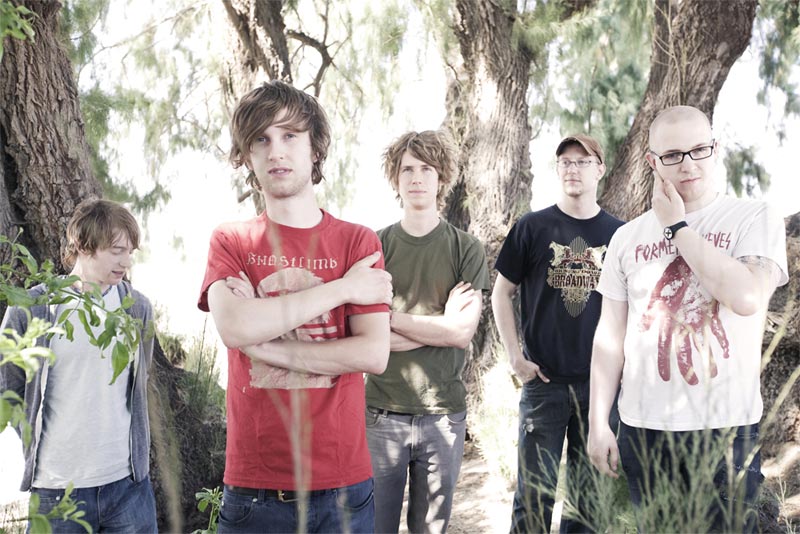
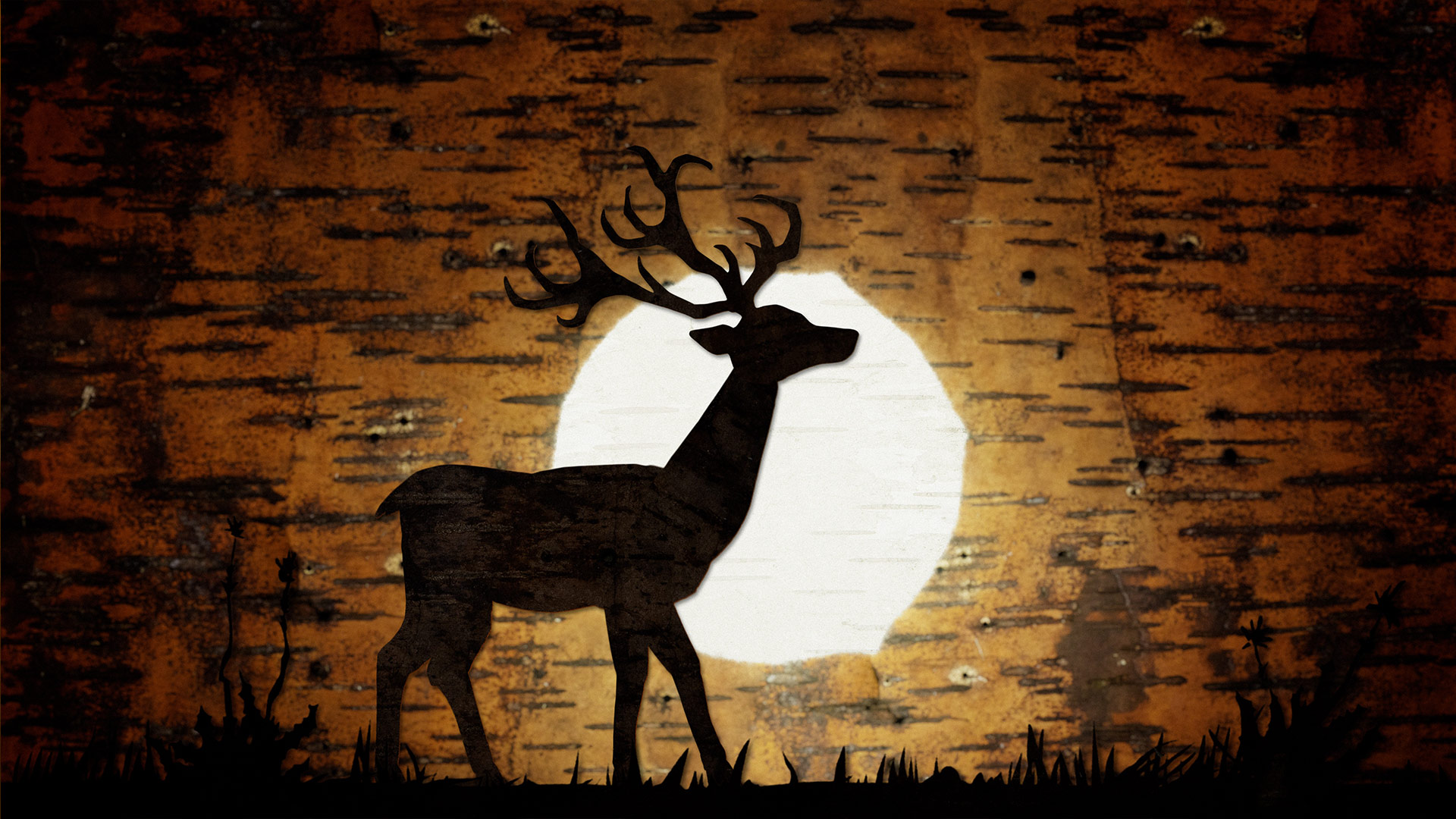
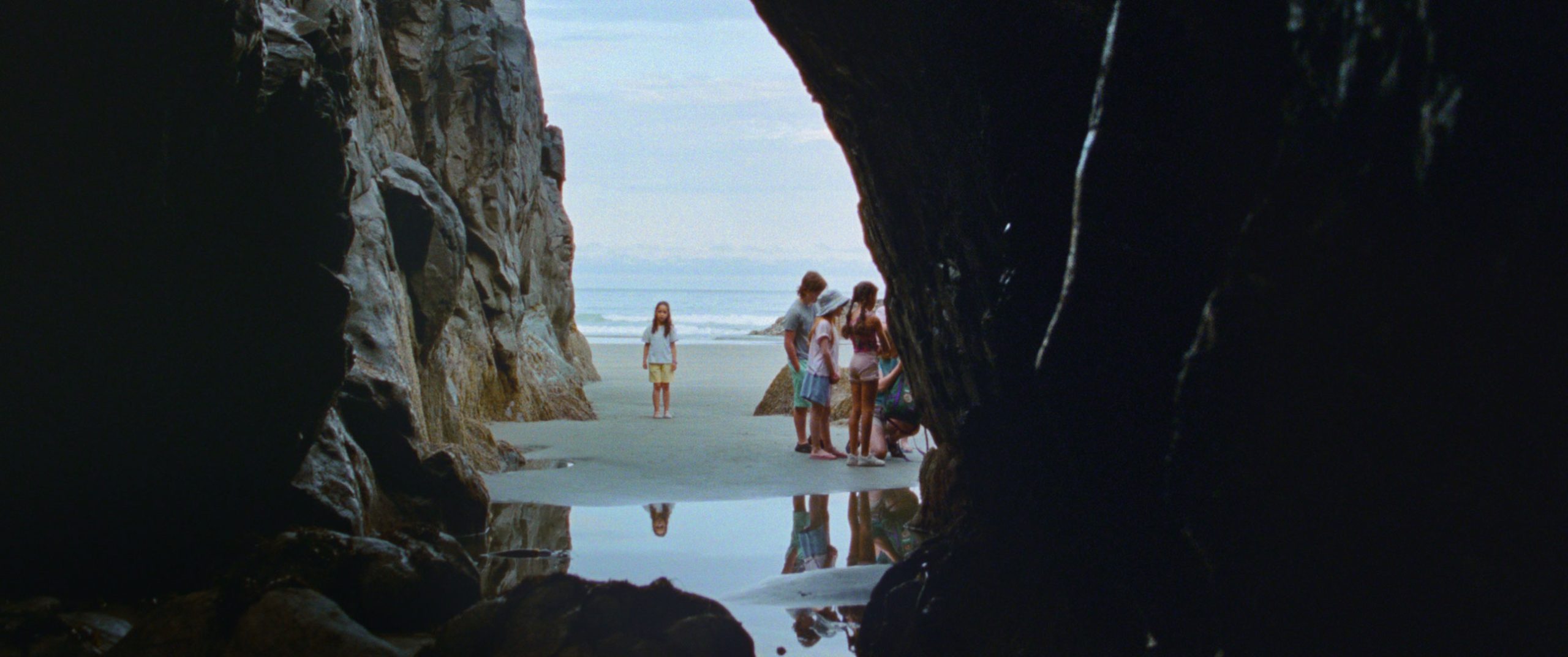
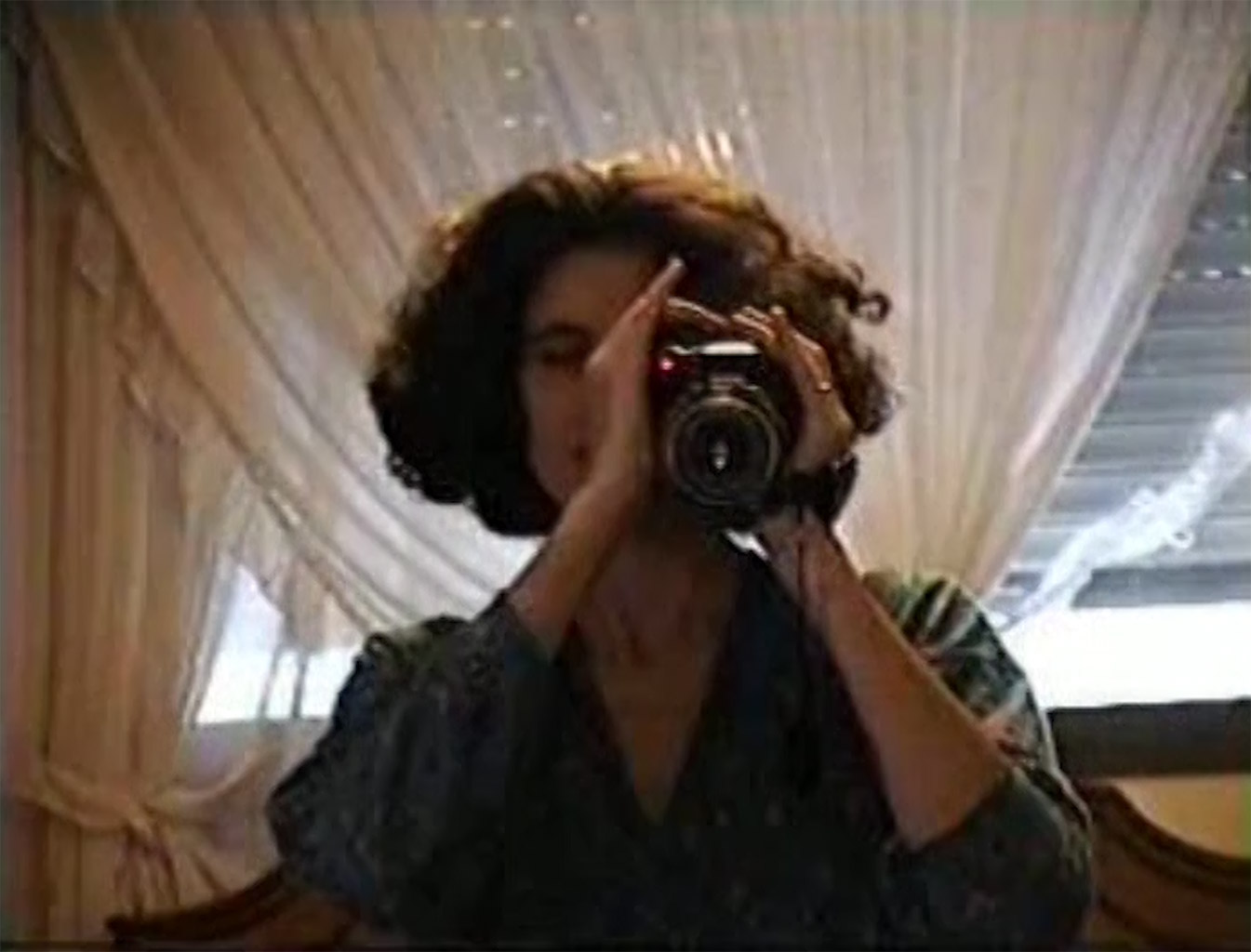

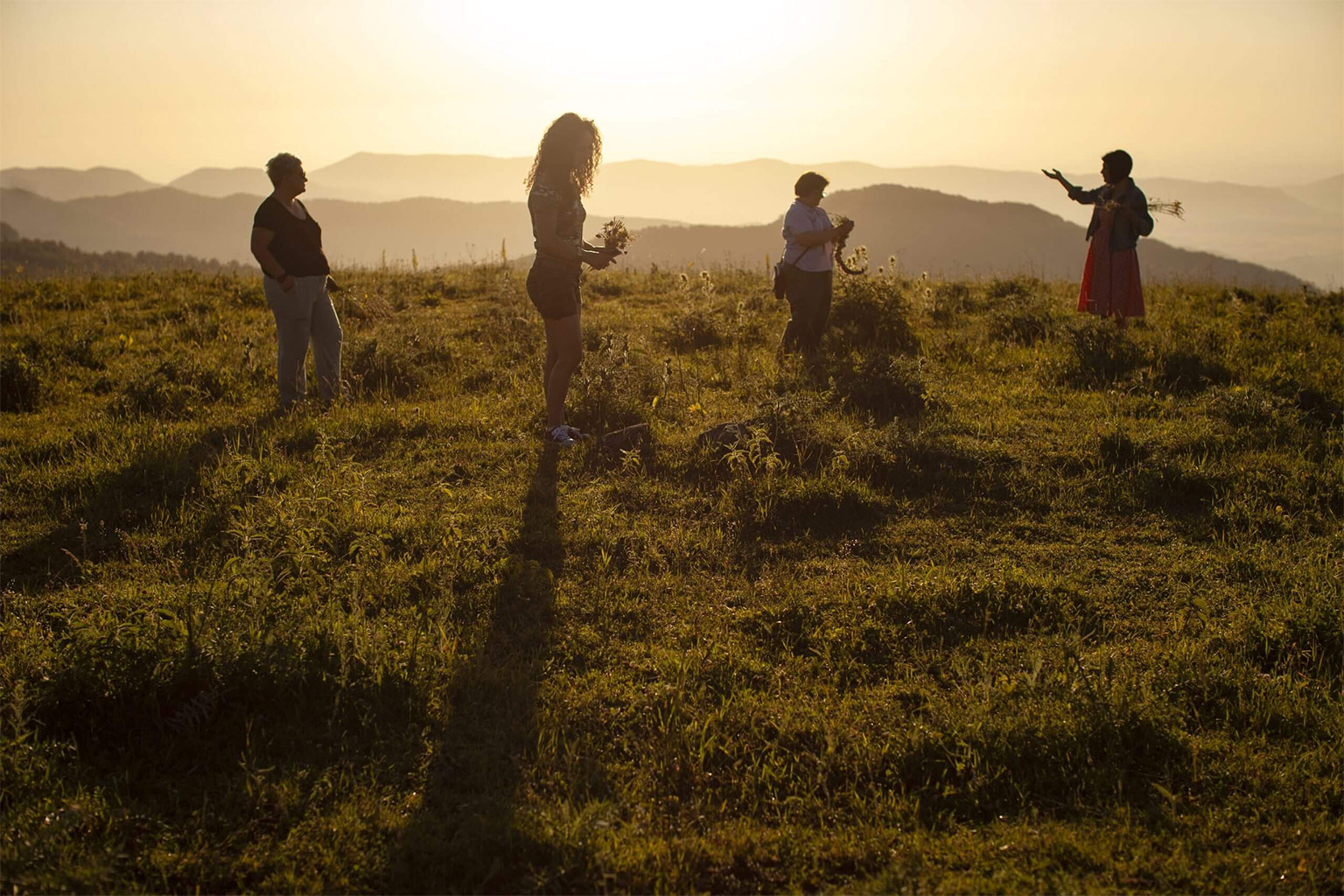
[…] for everyone. But this is a perfect narrative about romantic tragedy, in my opinion… VIVIAN LA DISPUTE BAND INTERVIEW DOWNLOAD […]
Great interview! So much love for La Dispute. Greetings from Brazil!
[…] http://www.redefinemag.com/2011/la-dispute-band-interview-full-album-stream-wildlife-lyrics/ […]
Beautiful interview loved it -Denise NJ (USA)
Thank you this helped me understand more about where the lyrics are coming from. Very insightful. Just what i needed
Awesome interview and article, thank you very much!